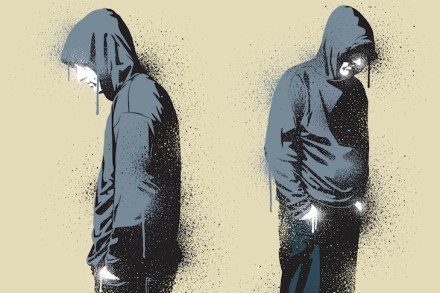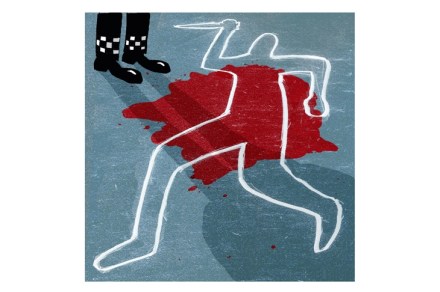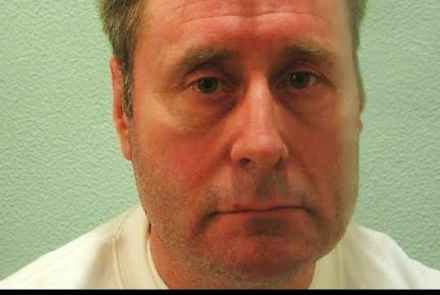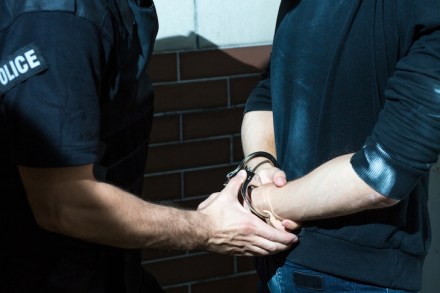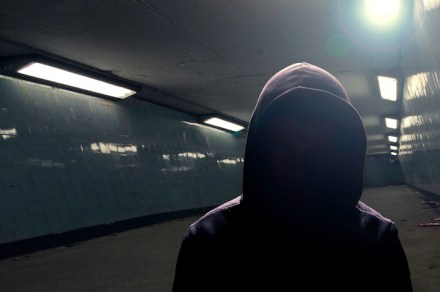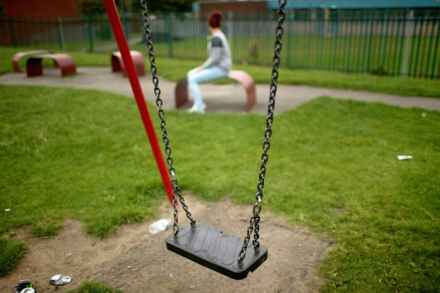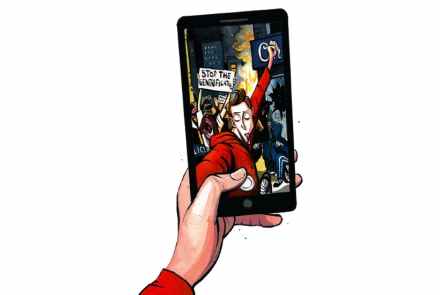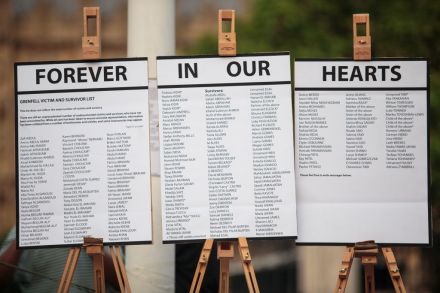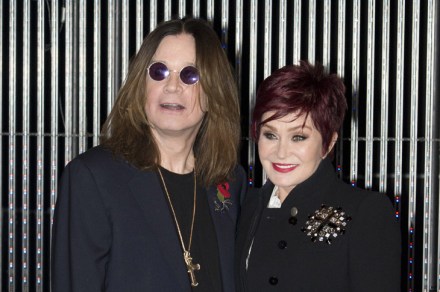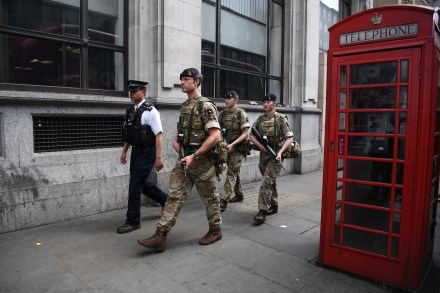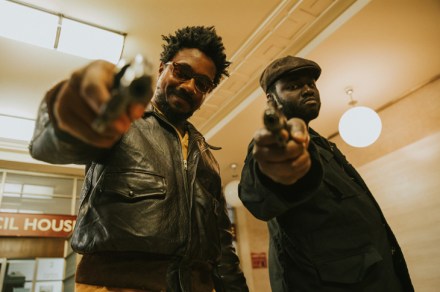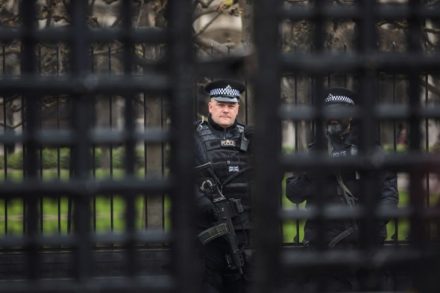An odd new feeling has crept up on me: sympathy for the police
Spring has come to my local park in its usual way. First the magnolias, then the cherry blossom, then the little silver ampules which once held nitrous oxide scattered in the grass. On Sunday the kids appeared, not a gang exactly, more a swarm of teens, angry and unstable. A boy of about 14 raced a moped at breakneck speed around the toddler playground. ‘Can you stop?’ said a brave father. ‘You might run over a child.’ ‘Fuck you,’ said the boy. ‘And I’ll fuck your mother too.’ On the way home, another spring staple: a police helicopter hovering over the Essex Road and below it the remnants of a
